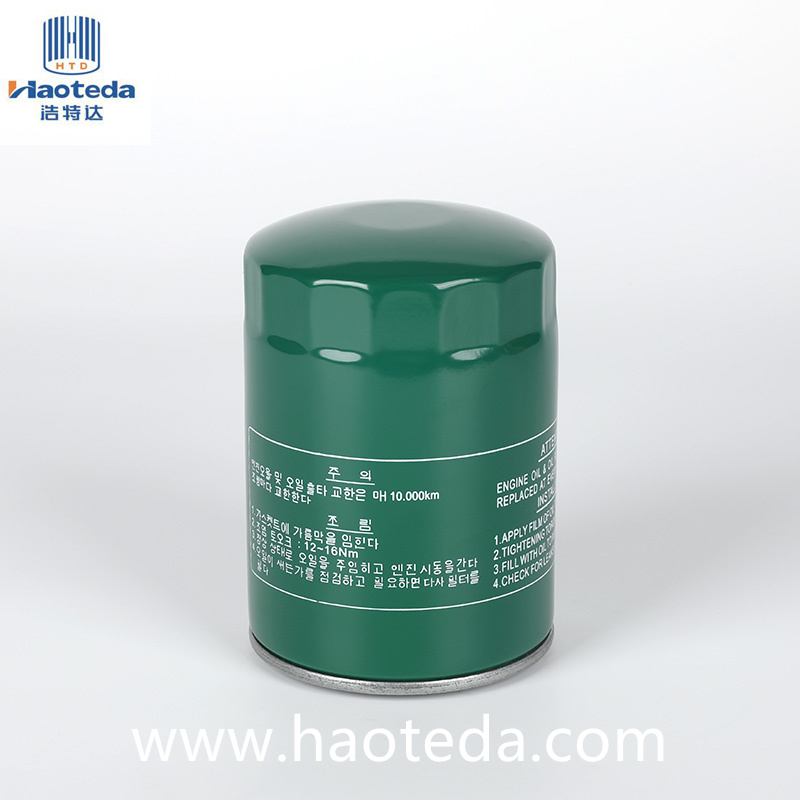These environments place continuous stress on engine systems—think prolonged high RPMs, frequent towing, or long-haul operations in varying climates. In such cases, the quality of the oil filter isn't just a technical detail; it directly affects engine lifespan, operational efficiency, and long-term maintenance costs. Synthetic oil filters outperform conventional options by offering more consistent filtration performance over extended service intervals, making them a reliable choice for fleet managers and performance-focused operators.
The key to the superior performance of a synthetic oil filter lies in its media composition. Unlike standard cellulose filters, synthetic filters use engineered fibers that create a finer, more uniform pore structure. This allows them to trap smaller contaminants while maintaining better oil flow, which is vital for engines operating at higher loads. A clogged or inefficient filter can lead to restricted oil flow, reducing lubrication efficiency and increasing wear on moving parts. With synthetic media, filtration efficiency remains high, even when exposed to heavy contaminant loads over time. That’s a significant advantage for vehicles that can't afford downtime.
Another factor that sets synthetic oil filters apart is their high dirt-holding capacity. In commercial and performance applications, engines produce more contaminants due to higher operating temperatures and fuel combustion rates. A synthetic oil filter doesn't just trap these particles—it holds onto them securely, preventing re-release into the lubrication system. This capability is especially important in vehicles with extended oil change intervals, where filter performance must remain consistent throughout the entire service cycle. The result is a cleaner engine interior, better combustion efficiency, and less degradation of engine oil over time.

Durability is also a major selling point. A well-manufactured synthetic oil filter can withstand the pressure surges and thermal fluctuations that are common in demanding applications. High-end filters are built with reinforced housings, silicone anti-drainback valves, and reliable bypass valve designs, ensuring optimal operation even under extreme conditions. These features are not simply upgrades—they are necessities for commercial vehicles that travel thousands of miles under variable conditions, or for tuned engines that generate higher-than-normal oil pressures. In these environments, a filter failure can mean serious engine damage, which is why more businesses are switching to synthetic solutions.
From a cost-efficiency perspective, the use of synthetic oil filters translates to fewer service interruptions, longer oil change intervals, and better protection of high-value equipment. For fleets and workshops, this means lower operating costs and higher customer satisfaction. For manufacturers and suppliers, it’s also an opportunity to offer real value through high-performance products that deliver on their promises. Investing in synthetic oil filter technology isn't just a technical upgrade—it’s a strategic move for businesses that rely on vehicle uptime and engine health as part of their bottom line.
In short, the synthetic oil filter is more than just a premium choice—it's the new standard for high-performance and commercial engine applications. By providing superior filtration, greater capacity, and unmatched durability, these filters help ensure engines perform at their best, even in the most challenging conditions. As a manufacturer committed to quality and innovation, we believe that every vehicle deserves filtration that matches its workload. And when performance matters, synthetic is the way forward.
 English
English
 English
English Español
Español Français
Français
 +86-139-6774-0263
+86-139-6774-0263









